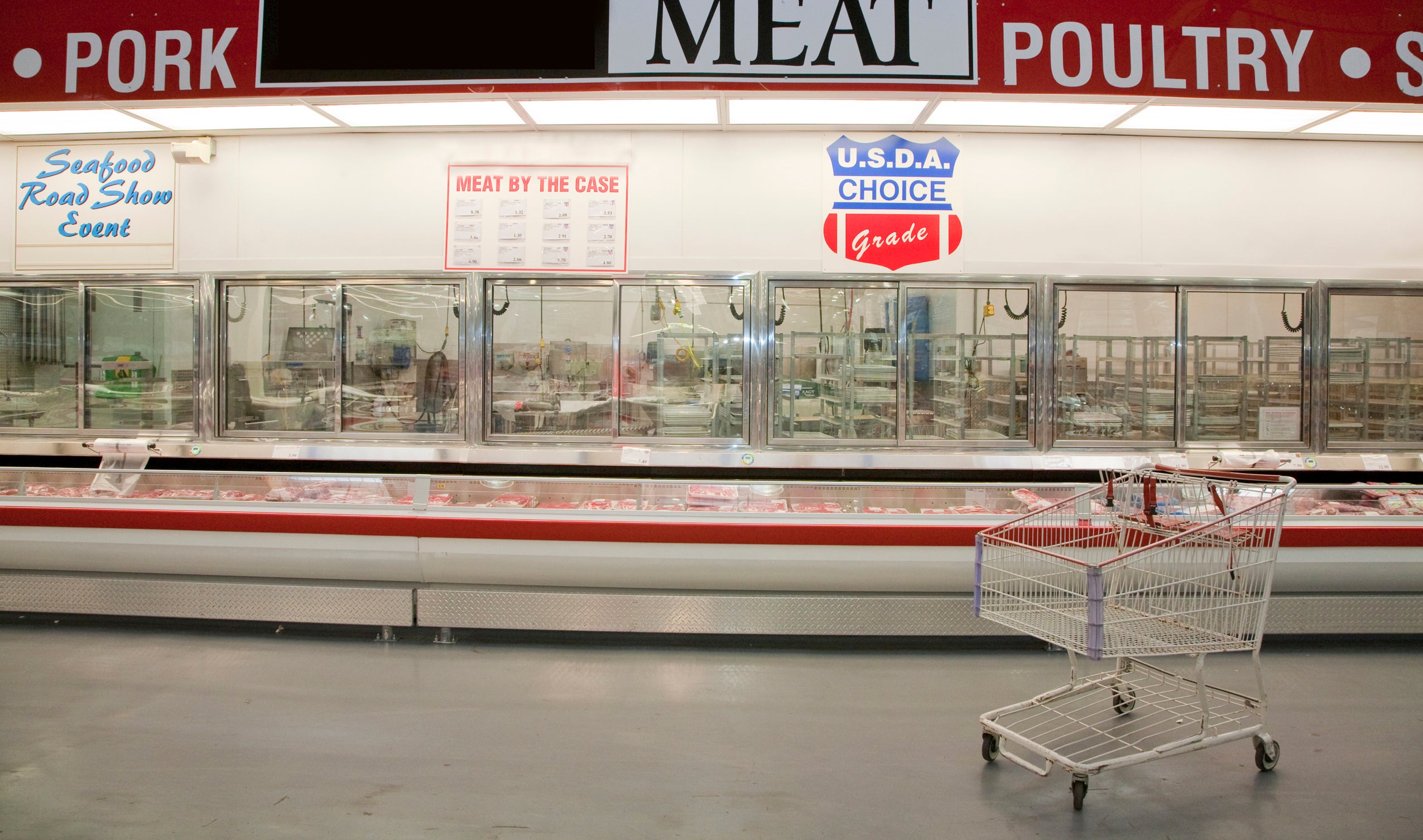How does the U.S. currently regulate animal farming, what are the barriers to reform, and what can be done to strengthen protections for consumers, animals, and nearby communities? How can we create a more transparent food system so that consumers can choose healthy, sustainably- and humanely-raised food?
Those were some of the questions addressed when the Harvard Food Law Society hosted The Meat We Eat: 2014 Forum on Industrial Animal Farming, on Friday, April 4. The forum, co-hosted with the HLS Student Animal Legal Defense Fund, explored the legal and policy aspects of industrial animal farming and related effects on public health, the environment and animal welfare.
The forum, which brought together a host of legal and policy authorities, was divided into two sessions. The first offered an overview of animal farming in the U.S. and included a discussion of the current regulatory environment. The second session focused on the future of animal farming.
David Simon opened the conference with a talk titled “How the American Legal System Protects Animal Food Producers, and the Consequences for Consumers and Animals.” An attorney and animal advocate, Simon is the author of “Meatonomics,” which looks at the economic effects of ag-gag laws and other aggressive legal protections that animal food producers have put in place over the past three decades.
The forum’s first panel, “Animal Welfare, Ag-Gag Laws, and the need for greater transparency,” featured a discussion with Erica Meier, executive director of Compassion Overkilling, and Paul Shapiro, vice president, Farm Animal Protection, Humane Society of the United States. The discussion was moderated by Alexis Fox, Massachusetts state director, Humane Society of the United States.
Robert Martin, senior policy advisor at Johns Hopkins Center for a Livable Future, delivered the forum’s keynote address. His talk, “Findings, Recommendations, and Next Steps from the Pew Commission on Industrial Farm Animal Production,” focused on top recommendations for industrial farm animal production, including a recommendation to eliminate nontherapeutic use of antibiotics.
Formerly, a senior officer at the Pew Environment Group, Martin was the executive director of the Pew Commission on Industrial Farm Animal Production, a two-year study funded by The Pew Charitable Trusts by a grant to Johns Hopkins Bloomberg School of Public Health. The charge to the commission was to recommend solutions to the problems caused by concentrated animal feeding operations in the areas of public health, the environment, rural communities, and animal welfare. The commission’s final report, “Putting Meat on the Table: Industrial Farm Animal Production in America,” was released in April 2008.
Later in the day, Elizabeth Hallinan, a litigation fellow at the Animal Legal Defense Fund, delivered an address about opportunities for students interested in working on issues surrounding industrial animal farming.
Wendy Jacobs ’81, clinical professor and director of the HLS Emmett Environmental Law and Policy Clinic chaired a panel discussion on Regulating the Environmental Impacts of Animal Farming: Gaps, Overlaps, and Areas for Reform. The panel featured Gregory Dain ’90, senior assistant regional counsel, U.S. EPA Region 1; Matthew Hayek, Ph.D. candidate at Harvard School of Engineering and Applied Sciences; and Erik Olson, senior strategic director for Health and Food, Natural Resources Defense Council.
Baylen Linnekin, executive director of Keep Food Legal, moderated a panel discussion on Reducing Legal Barriers, Empowering Consumers, and Creating Pathways for Sustainably-and Humanely-Raised Meat. Panelists included Claire Benjamin, managing director of Food Policy Action; Margiana Petersen-Rockney, founder/organizer for Young Farmer Network; and Nathan Rosenberg ’12, Fink Fellow, Natural Resources Defense Council.
The Food Law Society provides students with hands-on exposure to the numerous issues in law, policy, science and management that confront professionals in the fields of food law and food policy. Members participate in clinical projects and conferences, host speakers, take trips and collaborate with groups throughout the University and the world in their effort to address food issues.
Founded in 1995, HLS Student Animal Legal Defense Fund is a student chapter of the national Animal Legal Defend Fund. In keeping with its mission to advance the interests of animals through the legal system, HLS SALDF seeks to educate the Harvard community about issues facing animals, including institutionalized forms of animal abuse, and explore avenues of reform through legislation and litigation.
